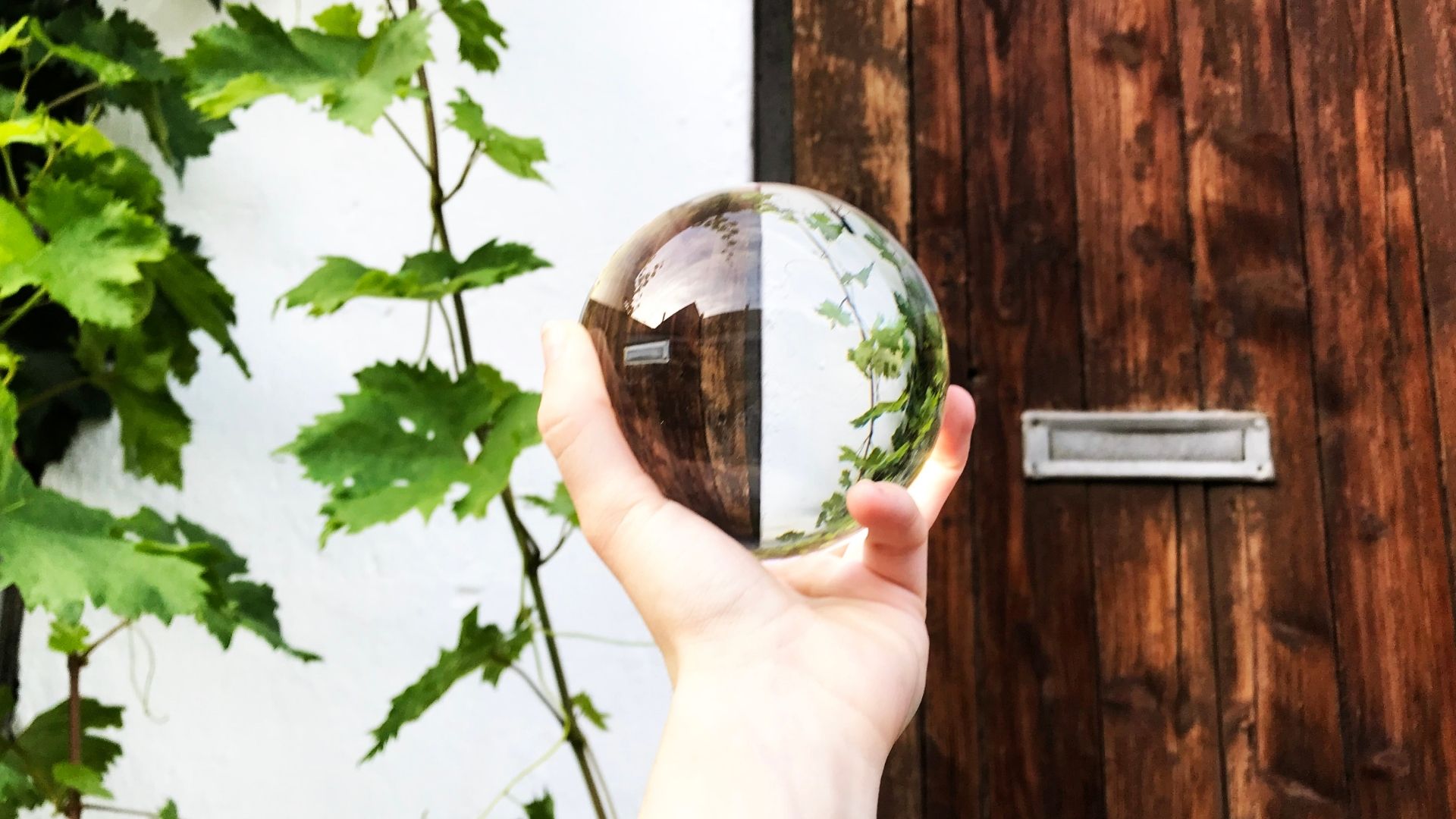The relativity of our judgment in our “reality”

It is inevitable for us to face different kinds of losses in our lives. We might have faced losing our loved ones, our jobs, or even our health that causing us distress and mixed feelings. Sometimes, we questioned why we had to face such a loss and wanted to find reasons for the loss. It is also difficult for us to accept our losses and experience a torturing grief process. In fact, we face losses not only when we actually lost someone or something we treasured. We might also face losses when we had a realisation of our “reality” that was out of our expectation or not as we desired. For instance, a client of mine felt depressed after realising that the male colleague whom she thought fancying her was actually a womanizer and being very manipulative. After this realisation, she underwent a grief process for her long-term fantasies in an ambiguous relationship with this male colleague. Also with anger inside her, she questioned why she was trapped in this ambiguous relationship for so long without realising the “reality”. The question is, “What is reality?”
As human beings living in this world full of uncertainties and chaos, we inevitably want to have more control and be more certain in seeing our “reality”. It is not difficult to find those who are very controlling and anxious in our circle of friends or family network. However, according the neuroscience, we see our “reality” basing on our preconception and our life experiences. What’s more, our answers for why we suffer or face losses also depends on many factors, such as our education, our religious beliefs, our personality or thinking styles, or other external factors. The possible tentative answer is, in fact, we may never know the actual reality and the answers to all these questions of sufferings and pain may be a mystery. What we could be certain is that we are part of the nature and we have limited control over the nature. In this sense, “reality” is relative to our position and our perspective. In the nature, everything is interconnected and good or bad is only relative. For instance, the lamb that became the dinner of the lion finds that this is a tragedy because of the suffering and loss. On the contrary, for the lion, this is a “good” happening because the lion can bring the lamb meat back to feed the whole lion family.
Basing on this concept of relativity of our “reality”, we need to humble ourselves for knowing our limited human perspectives. When we realise we may not be able to see the holistic picture of this universe, we understand that we cannot see completely why things happening together. By humbling ourselves, we let go of some rigidity in judging what we see everyday. For the client whom I mentioned above, the “bad reality” for her was her lack of awareness of being manipulated by her male colleague. On the other hand, the “good reality” for her was her realisation of her lack appreciation of her existing marriage. Another “good reality” for her was her realisation of the blindspots she had that contributed to her lack of sensitivity of being manipulated. With this realisation, she started to humble herself and go for a deep self-reflective journey. When we humbly face our losses and step out from our rigid perspectives, we might realise that these losses are actually helping us to grow and be humble as a human being.



